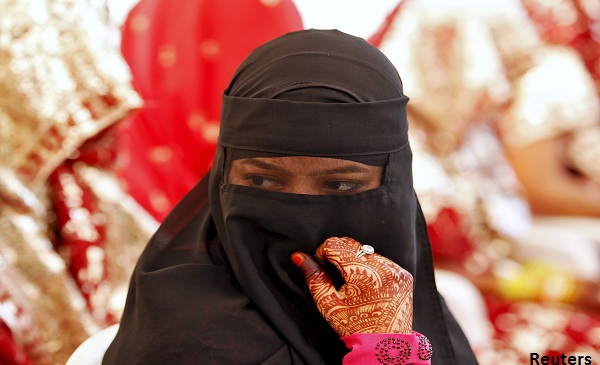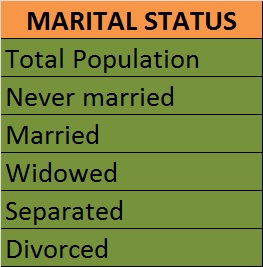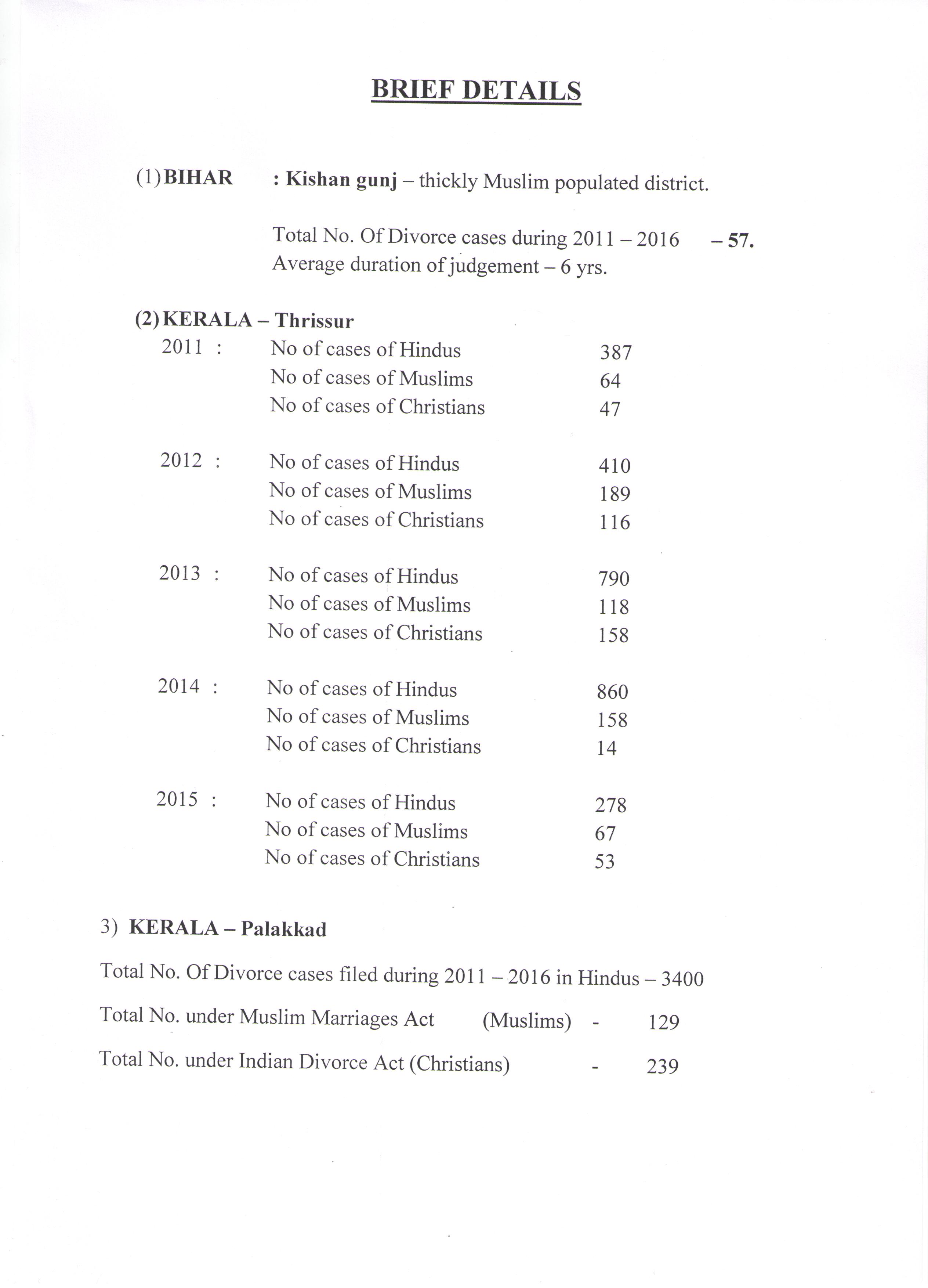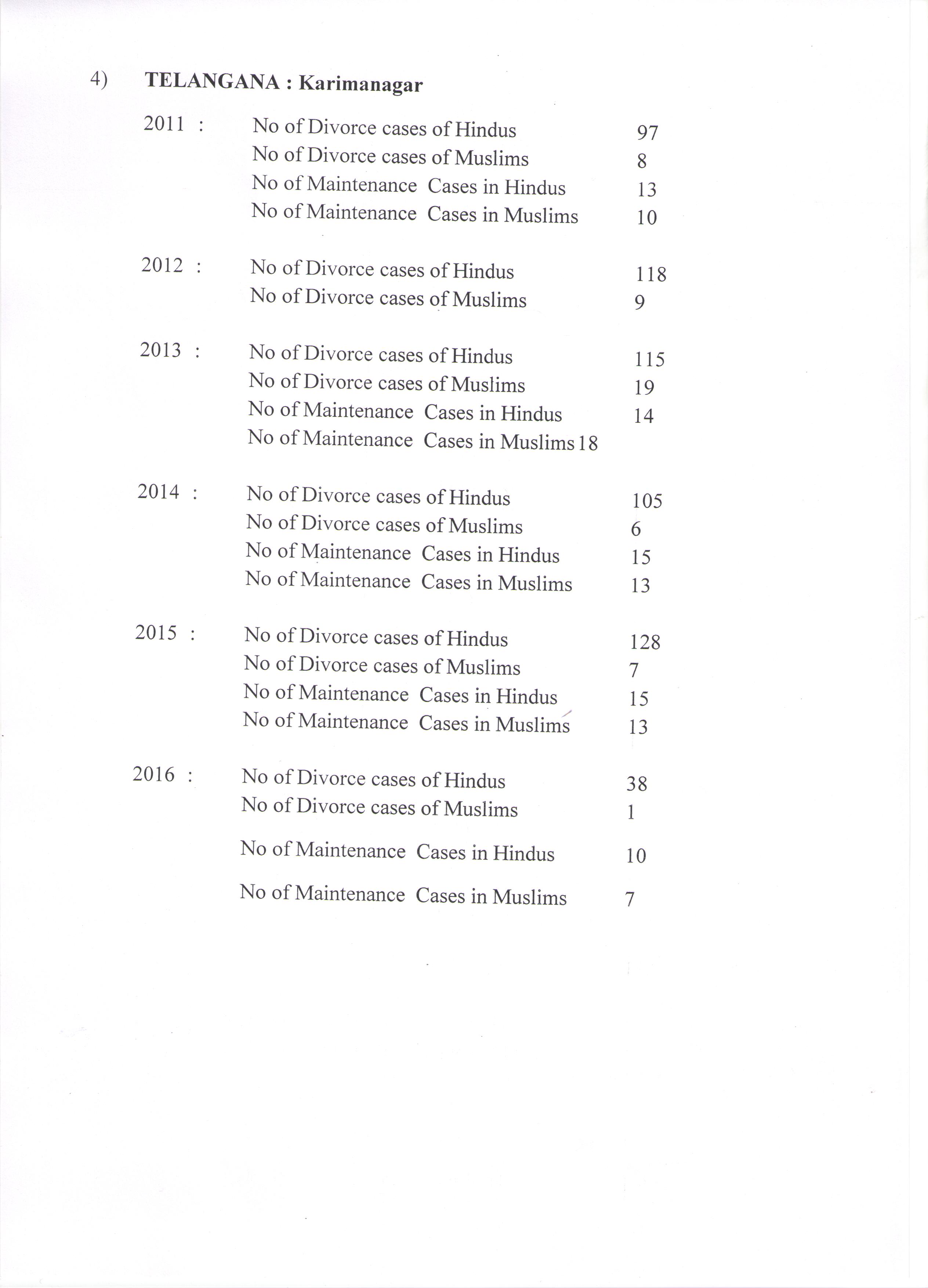 Picture used for representational purpose only, REUTERS
Picture used for representational purpose only, REUTERS
The All India Muslim Personal Law Board (AIMPLB) has said that they will put in place a mechanism to ensure that triple talaq is exercised only in the rarest of the rare case. The Board said it is exploring options to socially boycott those who use oral divorce without following the code of conduct.
This follows close on the heels of the Supreme Court’s current hearing of case on the constitutional validity of triple talaq. Recently Asma Zehra, All India Muslim Personal Law Board Member (AIMPLB), said in a press meet that, ‘Muslim community has a low divorce rate.’ She added that, ‘an atmosphere that the Muslim community has a high rate of divorce’, is being created and thus, maligning the community. This was reiterated by the AIMPLB general secretary Maulana Mohammad Wali Rahmani in Press Conference on Sunday.
We referred to census data with the hopes to calculate the community wise divorce rates in India. The Marital Status data of Census 2011 had religion wise male-female data on the following categories –
Table 01:

Source: Census 2011
The question is what does divorce rate refer to and how is it calculated? The divorce rate should ideally say how many marriages end up in divorces. However, with the absence of granular demographic data, this is impossible. The categories above do not capture data on remarriages or the divorces in the pipeline which give a better idea on number of divorces. Some widely used alternates are -
1) Crude divorce rate – It refers to number of divorces per 1000 people in the population. Click here to see how crude divorce rate is used. Census 2011 shows that amongst 1000 Muslims, 1.5 are divorced. The respective rate for Hindus is 0.9, Christians - 2.0, Sikh – 1.5, Buddhists – 2.3 and Jains – 1.5. However, this does not give a meaningful inference as the total population also include children and adults who are not married.
2) Another way is to find number of divorced among 1000 ‘adult’ population, which will still include the unmarried.
3) According to Dictionary of Sociology 1998, a better way to find the divorce rate is to find the number of divorces over number of marriages in a particular year. However, to the Lok Sabha question on March 2017, whether the cases of divorce are on the rise in the country; the reply was, “No data relating to divorce cases is maintained separately.”
In the context of divorce rates among different religious communities, what the census data do not capture is “Intercaste marriages” or marriages or divorces under different personal laws. Essentially, it only gives the numbers under the different categories mentioned in table 1. Thus, these numbers do not give an insight on the contended topic of Muslim divorces and the impact of triple talaq.
BOOM contacted Asma Zehra, AIMPLB member to understand how she arrived at the conclusion that ‘Muslim community has a lower divorce rate’. Zehra informed us that her claim has been sourced through RTIs from family courts in Muslim concentrated districts. Upon our request she shared with us brief details of the RTI data received on religion wise divorces from family courts of 16 Muslim concentrated districts. Two representational images are attached below -


Although the numbers show less number of divorces amongst Muslims compared to other religious groups, the point to be noted here is that only Muslim judicial divorces are recorded with the family court.
On this point Zehra clarified that extra-judicial divorces that happen through Darul Qasa (Islamic Shariat Court) and Masjids do not go to family courts. Such divorces include Triple talaq and khula.
Muslim judicial divorces refer to divorces through Dissolution of Muslims Marriages Act, 1939 which enables women to dissolve a marriage under Muslim law in the family court.
Zehra said that the data sourced via RTI is crude, but they are still in the process of collecting divorce records from the Darul Qaza and Masjids to get the whole picture.
Thus, the RTI numbers alone do not provide enough evidence to conclude that Muslims have a lower rate of divorce. To get a comparative and holistic picture, the number of both extra judicial and judicial divorces among Muslims have to be analysed against divorces among other religious communities.
This is the first of a two-part series on the issue of divorces among Muslims. Look out for our next story that explains triple talaq. (SC Bars Instant Talaq Not Triple Talaq: All You Need To Know About Muslim Divorces)